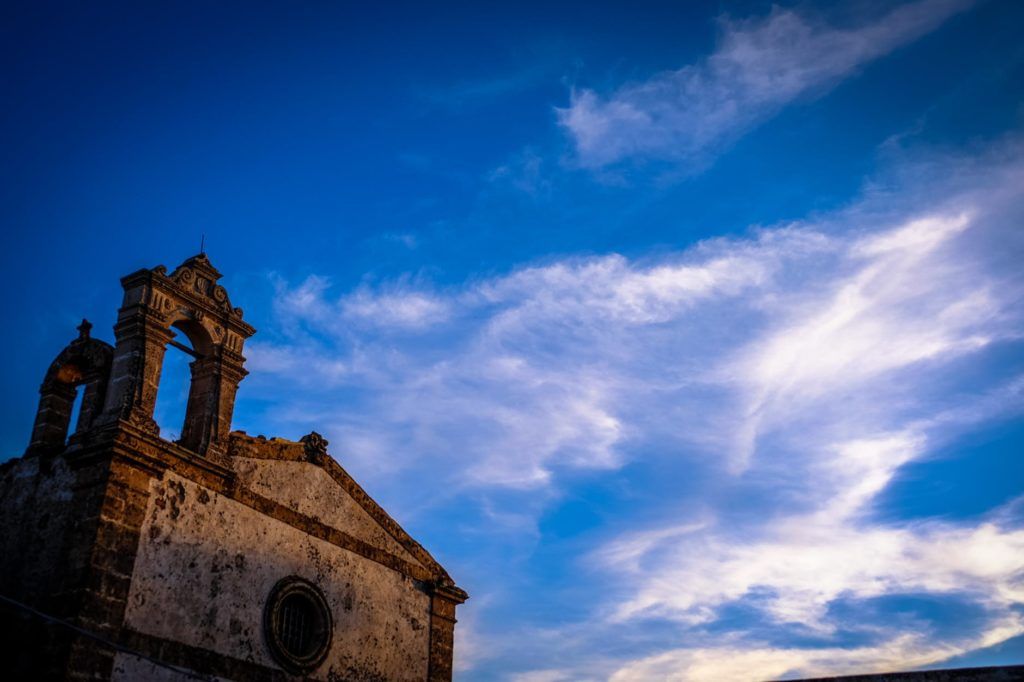The wedding hiatus starts now. We've married off three kids in 16 months. The second two were planned, unplanned, and replanned under COVID restrictions, which made them particularly brutal.
But the married kids seem happy and the single kids are doing well so I'm happy.
Someone once said you're only as happy as your least happy kid. I'm not sure that's true, but it might be . . . and there's definitely something there.
The Relentless Leftist

Marie marvels about a liberal friend who is incapable of saying anything without exuding politics from every pore of her skin.
When, for instance, the friend recently asked her, by all accounts, conventional and heterosexual teenage niece about her new boyfriend, she enthused, "So what's he, or she, like?"
I told Marie it could just be the leftist political playbook: politics must inform every corner of life. Or maybe it's a constant fear not to be woke, lest people think you less intelligent. Or maybe it's just relentless virtue signaling.
Given that the left has sought the complete transformation of society, and given that such wholesale change is bound to come up against the resistance of ordinary people who don't care for having their routines and patterns of life overturned, we should not be surprised that the instrument of mass terror has been the weapon of choice. The people must be terrified into submission, and so broken and demoralized that resistance comes to seem impossible.
Lew Rockwell
What's that? Why do I say it's a play from the leftist playbook?
Because it is.
Socialism, including its manifestation in certain forms of liberalism, wants to re-make society and the world along atheistic lines. It's not just political. It's everything, a real creed or religious worldview. But because socialism is first and foremost a political animal, its politics must penetrate every pore of society.
It parallels Catholicism in this regard. A Catholic should allow religion to penetrate every pore of his existence. But because Catholicism is first and foremost a spiritual animal, its spirituality must penetrate every pore of society if it wants to be fully effective.
Feast Day

Yesterday was the Feast Day of everyone's favorite saint: Francis. He's even the favorite saint of the theosophists or at least the anthroposophists.
According to this Medium article, St. Francis was initiated "into the Colchian Mysteries by the Black Sea."
What? I've read a lot about St. Francis. I never knew he went to the Black Sea (maybe on his trip to seek peace during the Crusades?), and I don't know what the Colchian Mysteries are.
A bizarre claim like that made me feel thankful for just knowing what the Black Sea is.
After a bit of digging, it appears to be a theory concocted by Rudolf Steiner, who founded anthroposophy as a break-away group from the theosophists.
Steiner plays huge in James Webb's excellent The Occult Establishment (which appears to be out of print . . you can get it for $855 at Amazon).
I guess it's no wonder that St. Francis would've been one of their heroes. Anthroposophy is an "all-embracing science that would provide answers both spiritually and materially satisfying in every branch of life." Webb, 68.
St. Francis was an Anthroposophic-like saint, embodying the sacramental out of every pore, just like our leftist friends exude politics (see column to the left).
Steiner's interests included agriculture (not surprising, since Steiner wanted to remake society entirely and we need to eat). He came up with a "Bio-Dynamic" system (Webb, 103), which informed elements of the early organic gardening movement in the 1950s.
Webb refers to it as "esoteric farming."
If time were unlimited, I'd love to explore the parallels between Steiner's Bio-Dynamic agriculture and Catherine Doherty's Apostolic Farming.
Micro-Habits

I've long eschewed self-improvement books of the secular sort for the simple reason that, if they have any merit, they are merely rehashings of lessons you can learn from the saints, who not only teach and embody the lessons, but tie them into a coherent worldview that reflects Ultimate Reality.
My explorations of self-help articles at Medium.com has reaffirmed this view, but still, there's something "efficient" about getting nuggets of secular self-help, even if they're presented in a manner that rips them from their sacramental base and fails to recognize that they are merely rehashing lessons that can be found, even if nascent form, in the New Testament and developed over the past 2,000 years in the lives and words of saints, monks, and fathers.
One of my recent favorites in this regard is this article about "micro-habits." These are small things you do everyday that aren't hard but, cumulatively, make a huge difference. It is the truth embodied in Christ's observation that you need to handle the small things faithfully before you can be trusted with big things, but still, it's useful to see the Gospel truth embodied in such a concrete format.
The author suggests nine micro-habits:
Delay your reactions.
Push yourself to complete tasks even if you don't feel like it.
Spend a day away from social media.
Prepare your next day the night before.
Eat mindfully.
Use a timer for your tasks.
Place your phone on the opposite side of the room.
Set a spending waiting period.
Write down every idea.
That last one is huge, incidentally. Many of us suffer from a quiet, often not noticed, fear that we'll forget something. Just carry around notecards and a pen, jot down ideas throughout the day, and move on. It'll allow you to focus on the task at hand, which is crucial for living in the present moment.
“In the intellectual order, the virtue of humility is nothing more nor less than the power of attention.” Simone Weil










